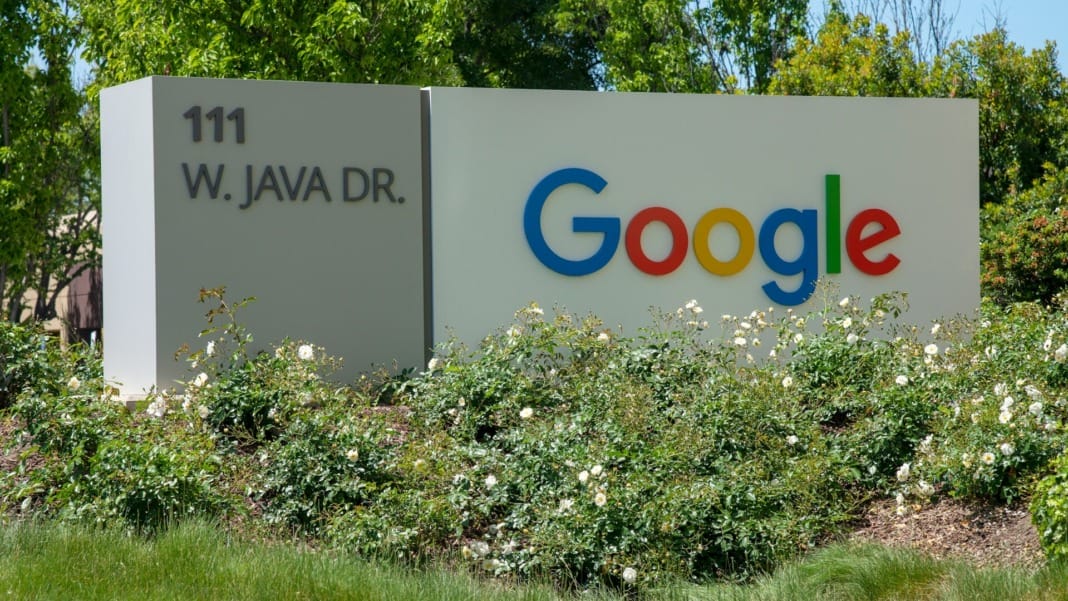In an exciting move that promises to reshape the landscape of nonprofit technology, Google.org, the philanthropic arm of the tech giant Google, has announced the launch of a pioneering accelerator programme dedicated to generative artificial intelligence (AI). This initiative dubbed the Google.org Accelerator: Generative AI, represents a substantial commitment, featuring US$20 million in grants to empower 21 selected nonprofits to harness the transformative power of generative AI.
Breaking down barriers with AI
At the heart of this programme lies a commitment to innovation and accessibility. Recognising the potential of generative AI to revolutionise various sectors, Google.org has selected an initial cohort of 21 nonprofits. Among these trailblazers are Quill.org, which focuses on AI-powered tools for student writing feedback, and the World Bank, which is developing an app to make development research more accessible through generative AI.
But the support doesn’t stop at funding. Participants in the six-week accelerator will gain access to a wealth of resources, including technical training, workshops, and mentorship, along with guidance from designated “AI coaches.” In a further boost to their capabilities, three nonprofits—Tarjimly, Benefits Data Trust, and mRelief—will benefit from the expertise of Google employees working alongside them for up to six months, aiming to bring their generative AI tools from concept to reality.
Tarjimly’s mission is to break down language barriers for refugees. At the same time, Benefits Data Trust and mRelief are focused on leveraging AI to streamline public benefits applications and access, significantly impacting low-income communities.
The transformative power of AI in the nonprofit sector
The potential of AI to enhance productivity, creativity, and effectiveness within the social impact sector is immense. According to Annie Lewin, director of global advocacy at Google.org, AI can help organisations achieve their goals in less time and at a reduced cost. This sentiment is echoed by the nonprofit community, with a PwrdBy survey indicating that 73% of nonprofits see AI as aligned with their missions, simplifying tasks from donor categorisation to back-office routines.
However, despite the recognised benefits, many nonprofits face hurdles in adopting AI technology. A Google.org survey revealed that nearly half of the nonprofits are not currently using AI, hindered by a lack of tools, awareness, training, and funding.
A burgeoning ecosystem of AI-focused nonprofits
Encouragingly, the landscape is beginning to change. Nonprofit accelerator Fast Forward reported that over a third of its latest applicants are AI companies, signalling a growing interest in this field. Additionally, organisations worldwide are dedicating efforts to ethical AI practices, from the AI ethics lab AlgorithmWatch to JoyEducation and Earth05, which focus on conservation advocacy.
Google.org’s accelerator programme is a bold step towards demystifying and democratising AI technology for nonprofits, promising to usher in a new era of innovation and impact.





